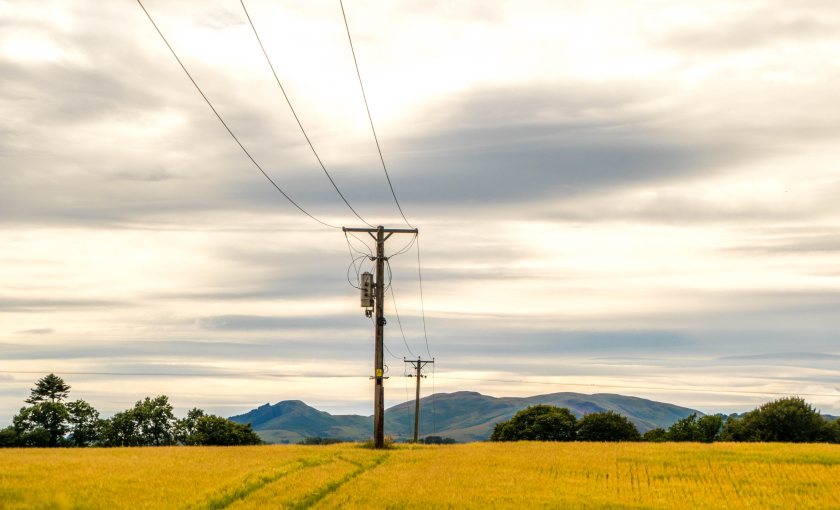
The Scottish government has acknowledged that it has not assessed the impact of losing farmland to pylons, despite concerns that farmers may have to give up fields for a proposed 70-mile power line.
In the Scottish parliament, "serious concerns" were raised over SSEN’s plan to install 190ft pylons between Kintore and Tealing, which could take up prime farmland in areas like Angus.
North East MSP Tess White, who highlighted farmers' worries, recently met with some businesses who were concerned about income loss, food security, and the impact on modern farming equipment.
During Portfolio Questions, she urged Scotland's agriculture minister Jim Fairlie to offer greater protection to the industry, which stands to be among the hardest hit if the project proceeds.
It comes after farmers staged a protest last April against the creation of the “monstrous” pylons between Aberdeenshire and Angus.
In her question, Ms White said: “The industrialisation of the North East by SSEN’s monster pylon plans is causing alarm and trauma.
“Farmers, along with other stakeholders, have raised serious concerns about the loss of prime agricultural land because of the overhead lines.
"There are also worrying implications for the use of farming machinery, including autonomous tractors."
She asked: “Has the Scottish government considered the loss of agricultural productivity as a result of SSEN’s plans, and will it commit to protecting our food security and our farmers in the North East?”
In response, Mr Fairlie admitted that the Scottish government had not made such an assessment at a national or regional level.
He said: “The Scottish government holds multiple data sets relating to land use. However, they alone could not support an assessment of potential loss of agricultural land.”
Ms Tess White said she was "appalled" by the reply, adding: “This underlines that farmers are being ignored and are seen as an afterthought by both the SNP government and SSEN throughout this planning process.
“Farmers are rightly concerned about the significant disruption to day-to-day farming operations resulting from these giant energy infrastructure projects.
“During these uncertain times, food security and the protection of our farmland has never been more important."
